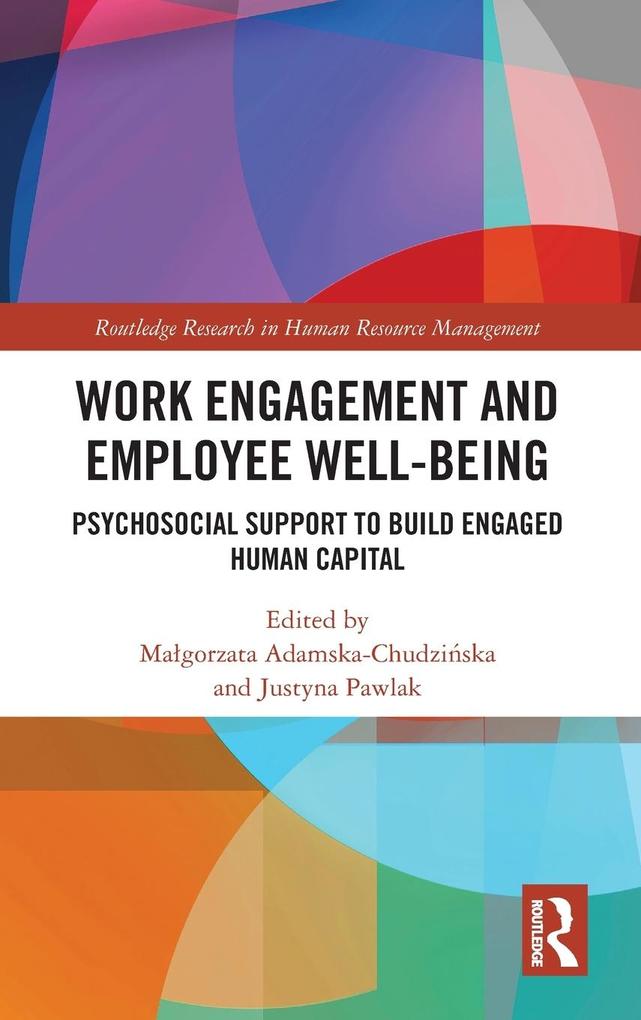
Zustellung: Mi, 02.07. - Mo, 07.07.
Versand in 2 Wochen
VersandkostenfreiBestellen & in Filiale abholen:
An in-depth literature review using combined qualitative and quantitative methods enabled the authors to present the issue from a range of theoretical perspectives. With a model acknowledging the multifaceted nature of work engagement and its association with well-being, the book introduces a selection of psychosocial means to enhance it.
Inhaltsverzeichnis
Introduction 1. Work Engagement as a Challenge for Contemporary Management 2. Subjective and Organizational Determinants of Employee Well-Being 3. Organizational Culture and Climate That Shape Employee Engagement 4. Application of the SCARF Model in Building Organizational Culture That Fosters Work Engagement 5. Harmony at Work: Work-Life Balance as a Component of Psychosocial Support in Organizations 6. The Influence of Development Opportunities on Work Engagement of Young Employees 7. The Impact of Leadership on Employee Engagement 8. Emotional Intelligence in Managers and Work Engagement: The Crucial Role of Empathy 9. Productive Behavior and Task Engagement of Neurodiverse Persons in Their Workplace 10. Remote Work Engagement: How to Support It? Conclusions
Produktdetails
Erscheinungsdatum
17. März 2025
Sprache
englisch
Seitenanzahl
210
Herausgegeben von
Justyna Pawlak, Adamska-Chudzi&
Verlag/Hersteller
Produktart
gebunden
Gewicht
467 g
Größe (L/B/H)
229/152/14 mm
ISBN
9781032710778
Entdecken Sie mehr
Bewertungen
0 Bewertungen
Es wurden noch keine Bewertungen abgegeben. Schreiben Sie die erste Bewertung zu "Work Engagement and Employee Well-being" und helfen Sie damit anderen bei der Kaufentscheidung.









